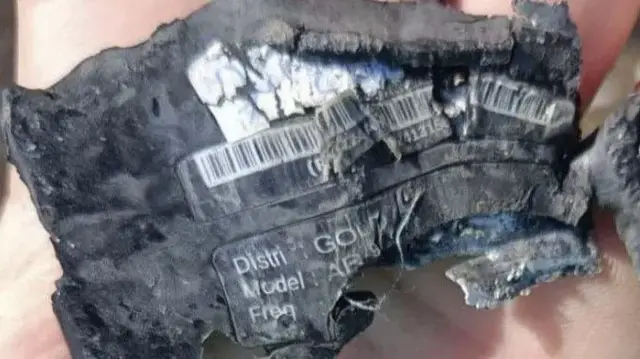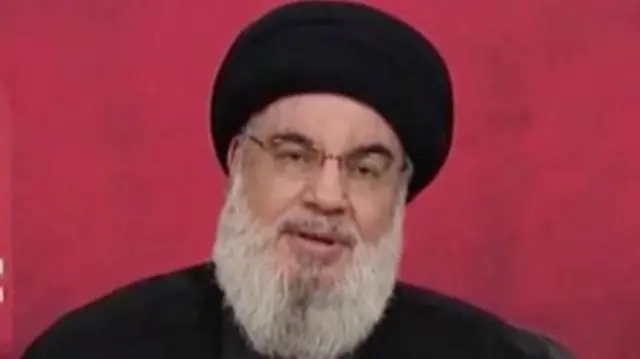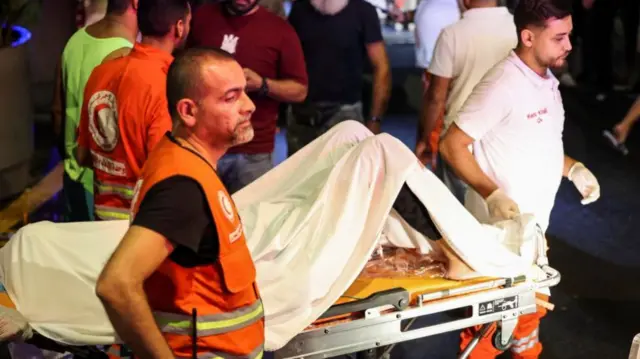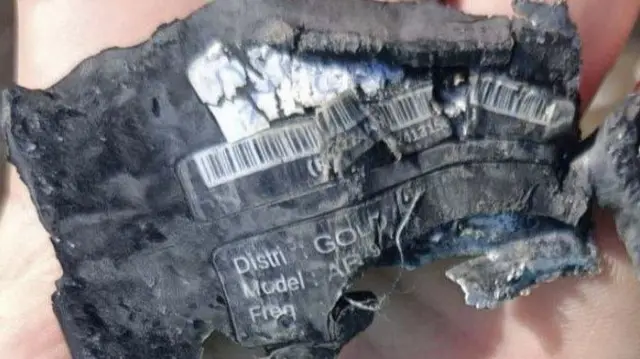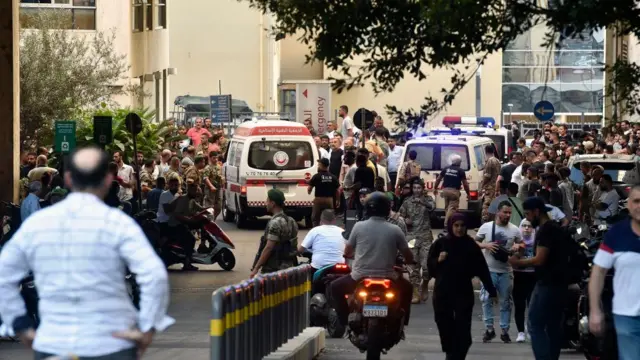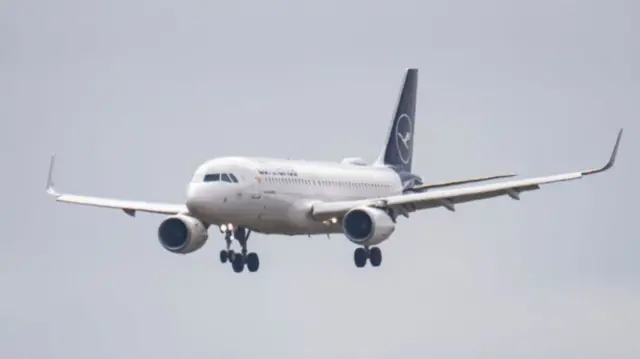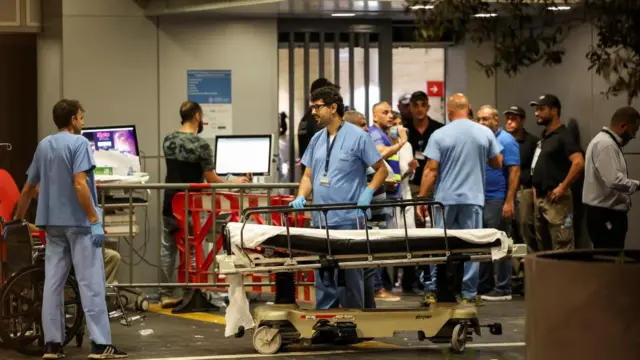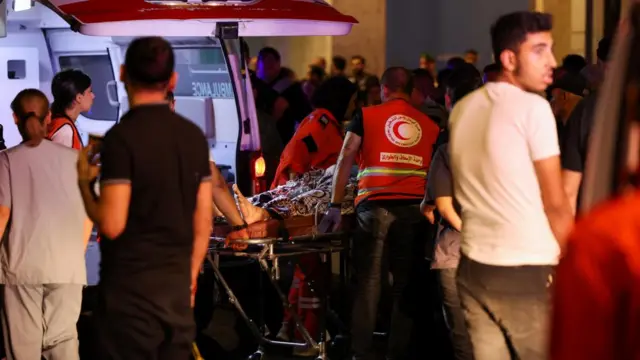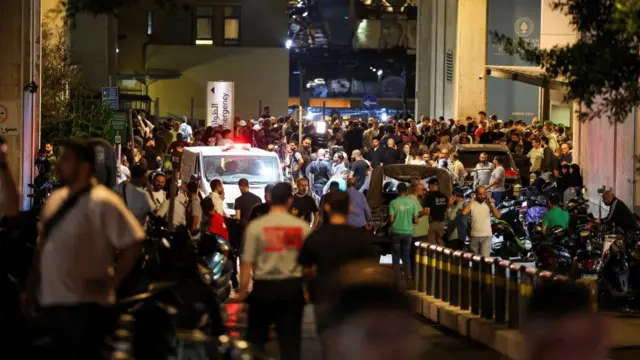Witness recounts how pager explosions unfoldedpublished at 08:22 BST 18 September 2024
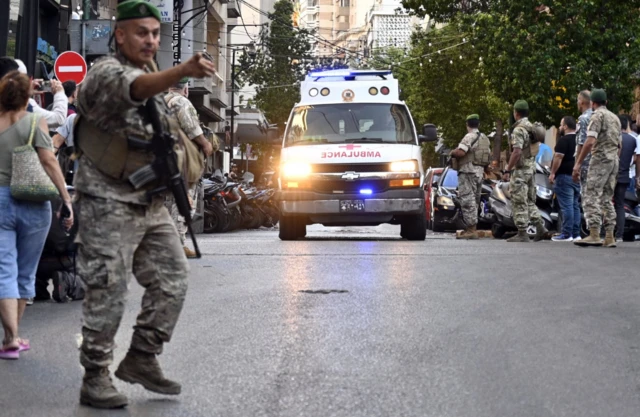 Image source, Reuters
Image source, ReutersAuthor and former BBC journalist Kim Ghattas was on her way home from a funeral in Beirut yesterday when the explosions started to happen.
She describes to BBC Radio 4's Today programme that she felt "emotion after emotion and trauma after trauma".
"It was really a scene of chaos across the city because people didn't instantly understand what was happening," Ghattas adds.
"We first thought it was one large explosion in the south of Beirut, it then became clear there were simultaneous small explosions everywhere.
"Then we started seeing CCTV from inside shops and supermarkets of these small explosions targeting people doing their groceries or paying at the checkout.
"Then for hours on end [we heard] the wail of sirens. The internal security forces were asking people to get off the streets because traffic was overwhelming the city.
"It was really a national traumatic event," Ghattas tells the programme.
